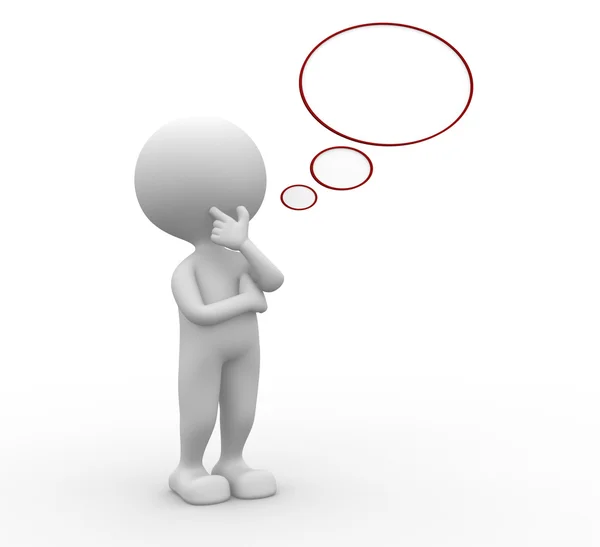(As an Amazon Associate I earn from qualifying purchases)
So, what exactly is working memory? Think of it as your mental Post-It, keeping track of all the little information you need to get stuff done. It’s like the short-term storage that helps you remember a phone number long enough to dial it or hold onto a train of thought when problem-solving. Trying to deal with this much information will often be overwhelming, like having thousands of Post-Its in front of you and not knowing which one to look at first.

Working memory can play a significant role in ADHD. People with ADHD might struggle more with tasks that require keeping information in mind, like following multi-step instructions or organizing their thoughts. It’s not about intelligence or capability, just how the brain handles specific processes.
This is the case when someone tries to give me directions; as soon as someone says either right or left, my brain stops listening as it knows it will not remember. This manifests when using a Satnav, as I refuse to have the voice on; I just need the picture before me, not someone telling me what to do (there is undoubtedly the part of me that just does not like getting told what to do either).

Understanding how working memory works for those with ADHD can make a real difference. By understanding this connection, partners, family members, educators, and individuals can find better strategies to tackle these challenges. It’s about making life smoother by knowing the strengths and struggles unique to their brains.
Imagine you’re juggling balls—that’s how working memory operates. Now, picture trying to juggle more than you can handle. You do not know which one to catch first, so you drop them all. That’s how it feels for someone with ADHD when their working memory is overloaded.

By learning about these patterns, we can adjust how we approach tasks, making them feel more manageable.
Strategies to Enhance Working Memory in Individuals with ADHD
Living with ADHD means facing unique challenges, but with the right strategies and tactics, you can make a big difference in enhancing working memory. Recognizing what’s specifically hard for you or your loved one is a crucial first step.
Tools and techniques can help, acting as a supportive framework. Simple methods like using flashcards for memorization, breaking tasks into smaller pieces, paying extra attention to task sequencing, or employing more extended, chunked time for complex activities can make tasks more approachable.

In our tech-friendly world, digital tools are a lifesaver. Calendar alerts, task management apps, and digital note-taking tools can keep you organized and remind you of things that might slip through the cracks. I have started using the audio recording feature on my notes app.

Cognitive training exercises are also an option. These can be anything from puzzles to games that challenge your brain to remember sequences or numbers. Regular practice can subtly boost working memory, even if it’s just flexing those mental muscles a little each day.
Support Systems and Best Practices for Managing ADHD-Related Working Memory Impairments
Healthcare professionals are vital allies when dealing with ADHD. Psychologists, therapists, and doctors can offer personalized advice and help individuals develop systems that work for them. Regular check-ins and assessments ensure that strategies stay practical and relevant.
Having a solid support network is like having a cheering squad. Family members, friends, and educators play a role in keeping morale high and providing practical help. They can assist with reminders, organization, and encouragement to maintain routines that bolster working memory.
Lifestyle factors shouldn’t be overlooked, either. Sleep, nutrition, and exercise can surprisingly benefit brain function. Consistent sleep schedules, balanced diets rich in omega-3s, and regular physical activity can sharpen focus and improve memory capabilities.
Seeing how others have triumphed over similar challenges can be very motivating. Whether it’s hearing stories of how someone succeeded in school or managed to organize their life more effectively, these success stories provide real-life evidence that change is possible. They remind us that while challenges exist, they’re not impossible with the proper support and strategies.
Cheers
BT


This is a fantastic resource for anyone looking to understand the connection between ADHD and working memory. It’s easy to feel like it’s a personal flaw, but posts like this remind us it’s just how our brains work. Practical tips like breaking tasks down and using digital reminders make a real difference. Thanks for making it all feel manageable!
Thank you so much for your comment. I have only recently been diagnosed at 49, so writing this kind of blog is helping me understand what is going on in my head.
“Working Memory and ADHD” explores the critical relationship between working memory and attention deficit hyperactivity disorder (ADHD). It defines working memory as a mental tool for holding and processing information, likening it to a mental Post-It note. Individuals with ADHD often face challenges in tasks requiring sustained attention to multiple steps, leading to feelings of overwhelm. The piece emphasizes the importance of understanding these challenges to develop effective strategies, such as breaking tasks into smaller parts and utilizing digital tools for organization. It also highlights the role of support systems, including healthcare professionals and family, in managing ADHD-related working memory issues. Overall, the article provides practical insights for improving the quality of life for those affected by ADHD. Cheers
Thank you for your comment Peter, just trying to work my wat through some research so I can understand myself better.